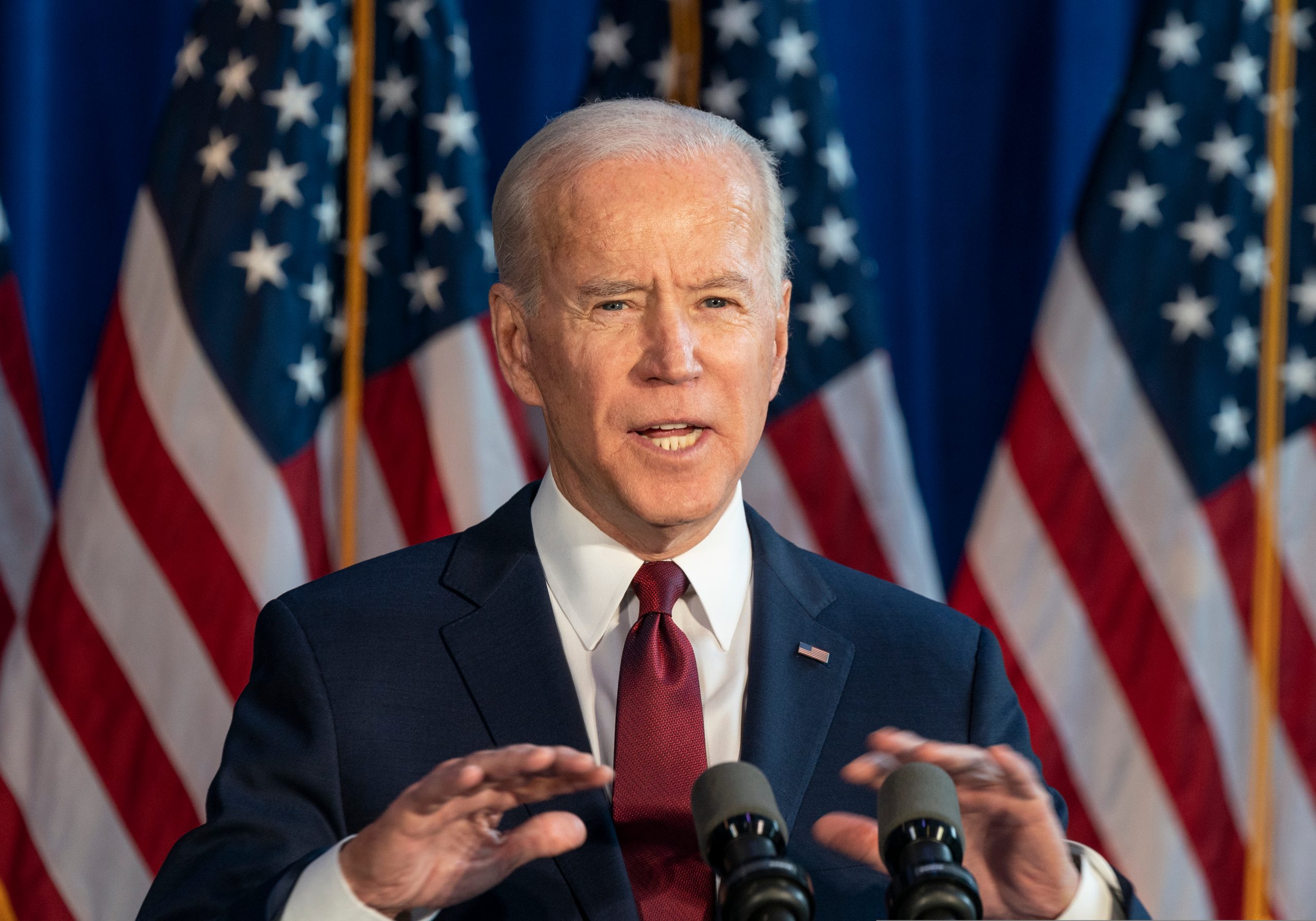

The US Inflation Reduction Act, despite being designed to stimulate the US economy, will have impacts around the world. The act also includes nearly $700bn of government support policies with the primary aim of curbing inflation in the US. The act also includes new taxes and tax enforcement, cheaper prescription drug prices, and commits billions of dollars to clean energy investment.
The act has received a lot of attention due to its scale – it is one of the most ambitious policy packages introduced in the US in recent years and has divided commentators on its overall chances of success.
Essentially, the act is seeking to re-industrialise the US and has identified green energy as an industry where the country can reclaim growth. Billions in tax credits are now being made available for clean energy sectors, which could help encourage others to commit to the space and help stimulate long-term investment.
The logic behind the act is clear. A key driver behind inflation has been the Russian invasion of Ukraine, which interrupted oil and gas exports and made fuel more expensive. This has highlighted the risk to major economies and shown it would make better economic sense for countries dependent on fossil fuels to transition to domestic renewable energy production.
The role of labour could be critical to the ultimate success of the act. Unemployment in the US is currently at a 50-year low of 3.5%, which means the country lacks a deep pool of available workers for the extensive green infrastructure projects it is seeking to support.
Using US workers, over cheaper international labour, could also increase the price of renewable energy and impact the overall scale of the US’s energy transition. However, the architects of the act recognised this, and initiatives have been included to help encourage workforce diversification. The jury is still out on whether this will be enough.
The act may have been drafted with a global crisis in mind but is very much targeting US economic growth. So, it is no surprise the European Commission has since unveiled its ‘Green Deal Industrial Plan’ that, like the Inflation Reduction Act, is a large package of green subsidies designed to stimulate a new industrial revolution in Europe.
Whatever the success of the Inflation Reduction Act, it is very encouraging for investors in the underlying green technology driving the transition that such a major economy is putting significant policy support behind it.
By clicking this link you are departing from the regulated site of Ablestoke Financial Planning LLP.
Neither Ablestoke Financial Planning LLP nor Quilter Financial Planning accept responsibility for the accuracy of the information contained with this site.
Open Link